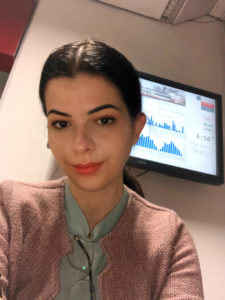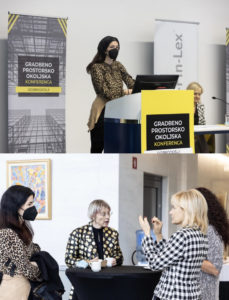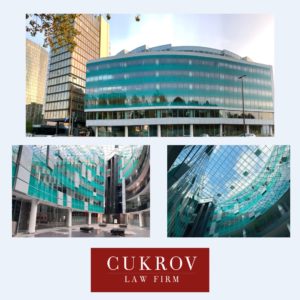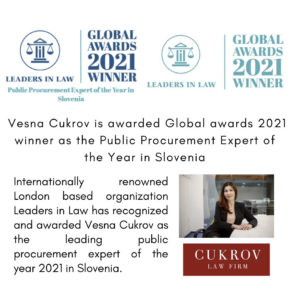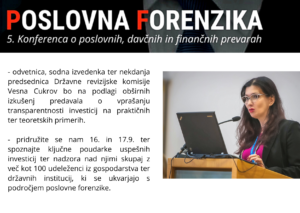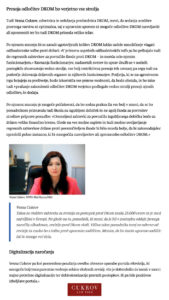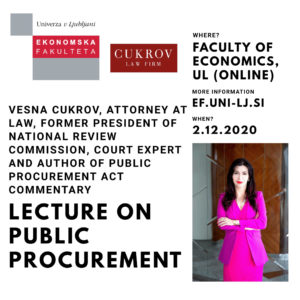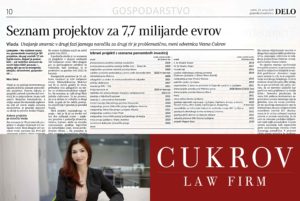On November 29, 2021, Veronika Cukrov, a PhD candidate from Law firm Cukrov, lectured to master’s students at the Faculty of Economics, University of Ljubljana on the topic of raising the prices of raw materials and labor from the point of view of public procurement. It is still one of the most pressing public procurement issues, triggered by the disruption of supply chains in the pandemic, and for which our legal system was simply not prepared. Many thanks to the Faculty of Economics for the invitation!
